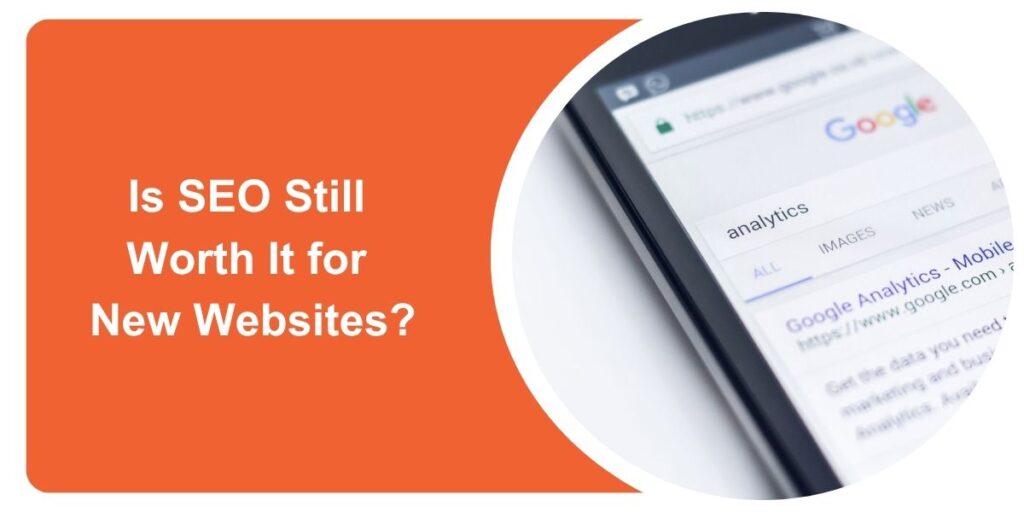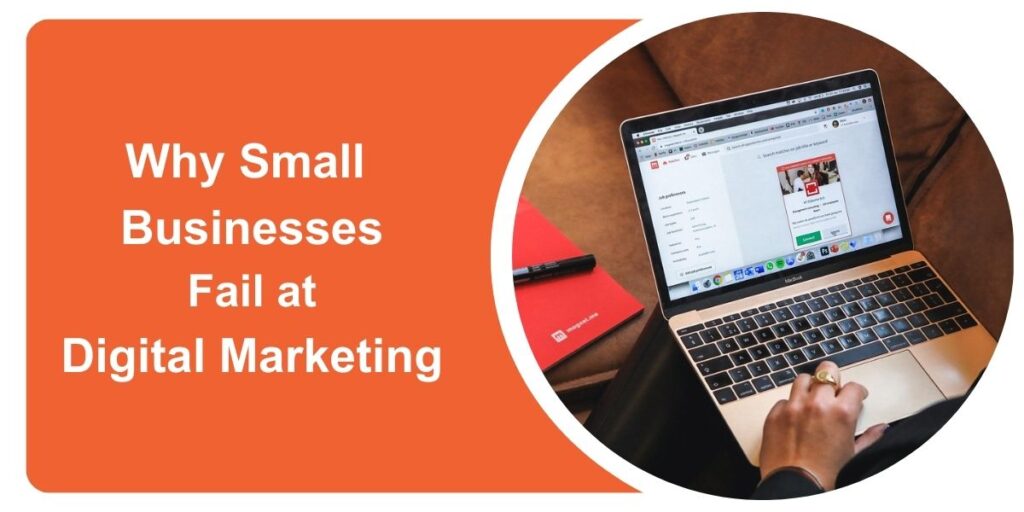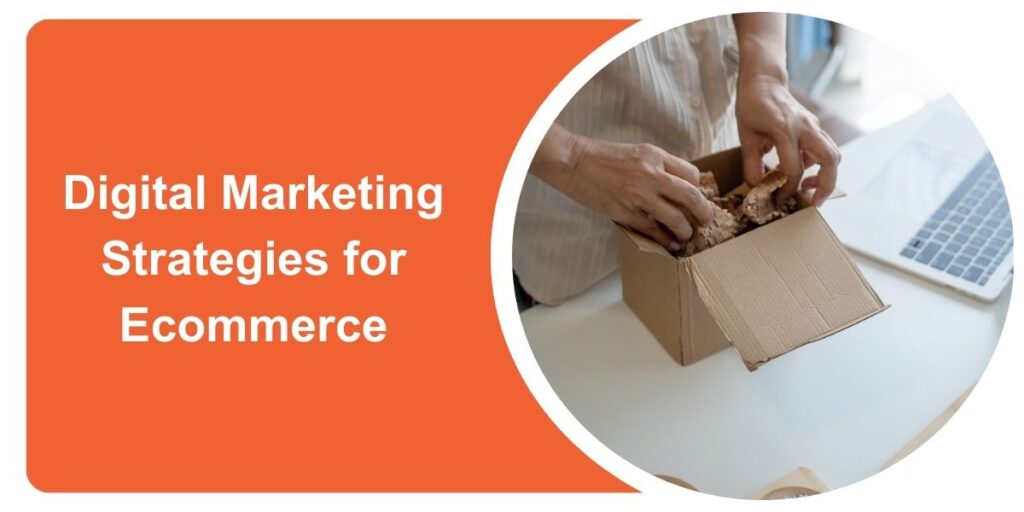
One of the most common questions I get from new business owners is, “Is SEO even worth it anymore for a new website?” Especially now that Google has reduced its crawl rate and indexation speed for new sites, many feel discouraged before they even begin.
But here’s my honest answer: yes, SEO is absolutely still worth it for new websites. You just need to approach it strategically.
Why New Websites Struggle to Get Indexed
Google’s algorithms have evolved to prioritize trust and authority. That means new domains don’t get the same crawl frequency or indexation speed as established sites.
When Google crawls your website, it decides how many pages to visit and how often based on what’s called your crawl budget. For a new website, this budget is limited, and if your site has heavy scripts, too many images, or inefficient page builders, you can end up wasting that budget before Google even reaches your core pages.
How to Use Your Crawl Budget Wisely
I’ve seen many new websites built with flashy designs and bloated builders like Elementor. While Elementor is user-friendly and offers great design flexibility, it does generate multiple scripts and CSS files that can slow down your crawl rate.
- If your goal is to get indexed and ranked early, start simple:
- Use a lightweight builder or custom-coded theme that generates fewer files.
- Keep your design clean with fewer images in the early stages.
- Focus on text-based content that Google can easily read and index.
- Optimize your internal linking so Google can discover every page efficiently.
If you decide to use Elementor, you can still improve performance by pairing it with optimized hosting, caching plugins, and script-minimizing tools. But in the early stages, a lighter setup will help Google crawl your core pages faster.
A simple internal linking strategy can also make a big difference. For example, link from your homepage to your three most important service pages using relevant anchor text like “digital marketing services” or “SEO consulting.” This not only helps Google understand page relationships but also improves how authority flows across your site.
Content That Builds Trust and Attracts Backlinks
Google is slow to trust new websites, but you can earn that trust faster by being transparent and publishing content that others find valuable enough to mention or link to.
I always recommend including clear information about:
- Who owns the business
- The team behind it
- Social or personal profiles linked from the website
These trust signals help both users and search engines understand that there are real people behind your brand.
When you create “mention-worthy” content, think beyond information. Aim to answer real questions or share insights that others might reference in their own content. This kind of content naturally attracts backlinks, which remain one of Google’s strongest trust signals and a key factor in improving rankings over time.
For example, if you run a clinic, publish a post explaining common treatment myths or frequently asked questions patients ask during consultations. This type of content has genuine utility, builds expertise, and encourages other sites to link to your insights.
SEO Isn’t Just About Rankings, It’s About Discoverability
Even if you’re not actively trying to rank for competitive keywords, you still need SEO. Think about how people interact with brands today.
Let’s say you promote your business through social media or online directories. When people discover your brand there, many will still Google your business name to learn more. If your website isn’t indexed or doesn’t show up properly, you lose credibility instantly.
That’s why basic SEO and technical setup are essential from day one, even if your focus is on other channels like ads, referrals, or social media.
Local Businesses Can Start Small and Win Big
If you’re a local business, you don’t need to invest thousands in SEO campaigns right away. Start small:
- Set up and optimize your Google Business Profile
- Create a few localized service pages, like “Aesthetic Clinic in Los Angeles” or “Beauty Salon in California”
- Add photos, opening hours, and owner information
This not only helps you show up in local searches but also builds credibility when potential customers look you up.
Customer Reviews Matter More Than Ever
We’re entering an era where people are turning to AI tools for recommendations. Tools like ChatGPT or Gemini don’t just pull information from websites; they rely heavily on verified reviews, citations, and mentions from real users.
That’s why I encourage every business to actively collect reviews on platforms like Google, Yelp, or niche-specific directories. When multiple users recommend your business, you increase your chances of being cited by these tools, which will become a key part of brand discovery moving forward.
Focus on Experience and Authenticity
Your website should always focus on user experience and authentic information.
Don’t just create generic service pages. Include:
- Detailed descriptions of what you offer
- Answers to frequently asked questions
- Testimonials or feedback from real customers
Even a simple, clean website can perform well if it provides genuine value and builds trust.
Final Thoughts
SEO is definitely worth it for new websites, but it’s not about shortcuts or quick wins. It’s about building a solid foundation that earns trust over time.
Start simple, stay consistent, and focus on being discoverable. If your site is well-structured, loads fast, and clearly represents your business, you can still get early organic visibility even with Google’s slower indexation.
I’ve seen it happen many times: the sites that start with clarity, transparency, and a strong user focus end up ranking faster and performing better in the long run.
FAQ

I’m a certified digital marketing expert with over 9 years of experience helping businesses grow through SEO, PPC, and content marketing. I focus on creating data-driven strategies that deliver measurable results and long-term growth.


